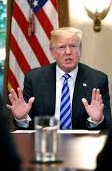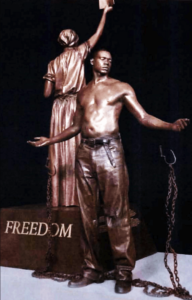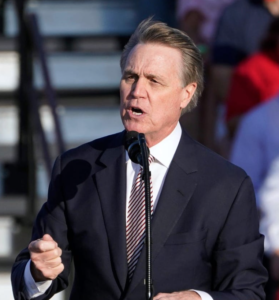 Today in the US is a national holiday, Martin Luther King Jr. Day. This year it’s a bit different from the past. One change is the entrance to national parks is no longer free today, as it has been in the past, which is true for Juneteenth as well (June 19th). Through an Executive Order, free entrance instead will be on two other days, Presidents’ Day and Flag Day (happens to also be President Trump’s birthday). That aligns with other changes in official federal perspectives on the role of African Americans in US history since President Trump has been back in the White House, one year ago tomorrow (January 20, 2025). Museums such as the Smithsonian and federally controlled websites have changed information about civil rights struggles and the lives of slaves, minimalizing accounts of conflicts and struggles for equality, formulated as “removing race-centered ideology”.
Today in the US is a national holiday, Martin Luther King Jr. Day. This year it’s a bit different from the past. One change is the entrance to national parks is no longer free today, as it has been in the past, which is true for Juneteenth as well (June 19th). Through an Executive Order, free entrance instead will be on two other days, Presidents’ Day and Flag Day (happens to also be President Trump’s birthday). That aligns with other changes in official federal perspectives on the role of African Americans in US history since President Trump has been back in the White House, one year ago tomorrow (January 20, 2025). Museums such as the Smithsonian and federally controlled websites have changed information about civil rights struggles and the lives of slaves, minimalizing accounts of conflicts and struggles for equality, formulated as “removing race-centered ideology”.
That reflects changes in how US history is being taught in many parts of the country, with the explanation that historical accounts of this country’s development should celebrate its glories and triumphs (the Declaration of Independence or victory in WW II, for example), contributing to boosting patriotism and promoting national unity, and play down divisive events and the negative interpretations of historical events (slavery, for example). Showing the reality of past events, including the ugly aspects, the argument goes, might upset people and cause white citizens to have feelings of guilt.
That view is echoed in a statement from Vice President Vance that “In the United States of America, you don’t have to apologize for being White anymore.” The administration has worked to enforce that perspective, eliminating programs that promote DEI (diversity, equity, inclusion), with the justification that their purpose and outcome was not to provide restorative justice and help bring equal opportunities to groups historically discriminated against (black and brown people, women, LGBT+ folks) but rather to disadvantage white people and make them feel they were responsible for past injustices. In preparation for today’s holiday, the President in an interview with the New York Times expressed that opinion in relation to the civil rights movement of the 1950’s and 1960’s, stating that the result of that movement was that white people “were very badly treated.” The emphasis from the White House is entirely on the wrongs Whites have suffered. That point of view dismisses White Privilege as a myth.
Another view of US history might be that the civil rights movement should be a source of pride for all Americans, as it shows that when injustice becomes evident, the US has found remedies. That could apply to other cases where abuse or conflict has resulted in positive change. One example that comes to mind are the dramatic changes in the powers of the presidency put into place after the abuses of President Nixon exposed through the Watergate Affair (now unfortunately no longer in effect).
Dr. King in his most famous speech hoped that in the US people would not be judged according to the color of their skin, but by the “content of their character”. Unfortunately, today we see that people are being judged by the color of their skin, their religion, their gender, their ethnicity. An article today in USA Today (not a beacon of progressive politics) points to how Somali Americans in Minneapolis have been stigmatized as a group due to alleged fraud by members of that community. The author comments: “A crime committed by Irish American bar owners in Boston wouldn’t lead to persecution of Irish American tavern owners in Ohio”, implying that in fact White Privilege is alive and well in this country.














